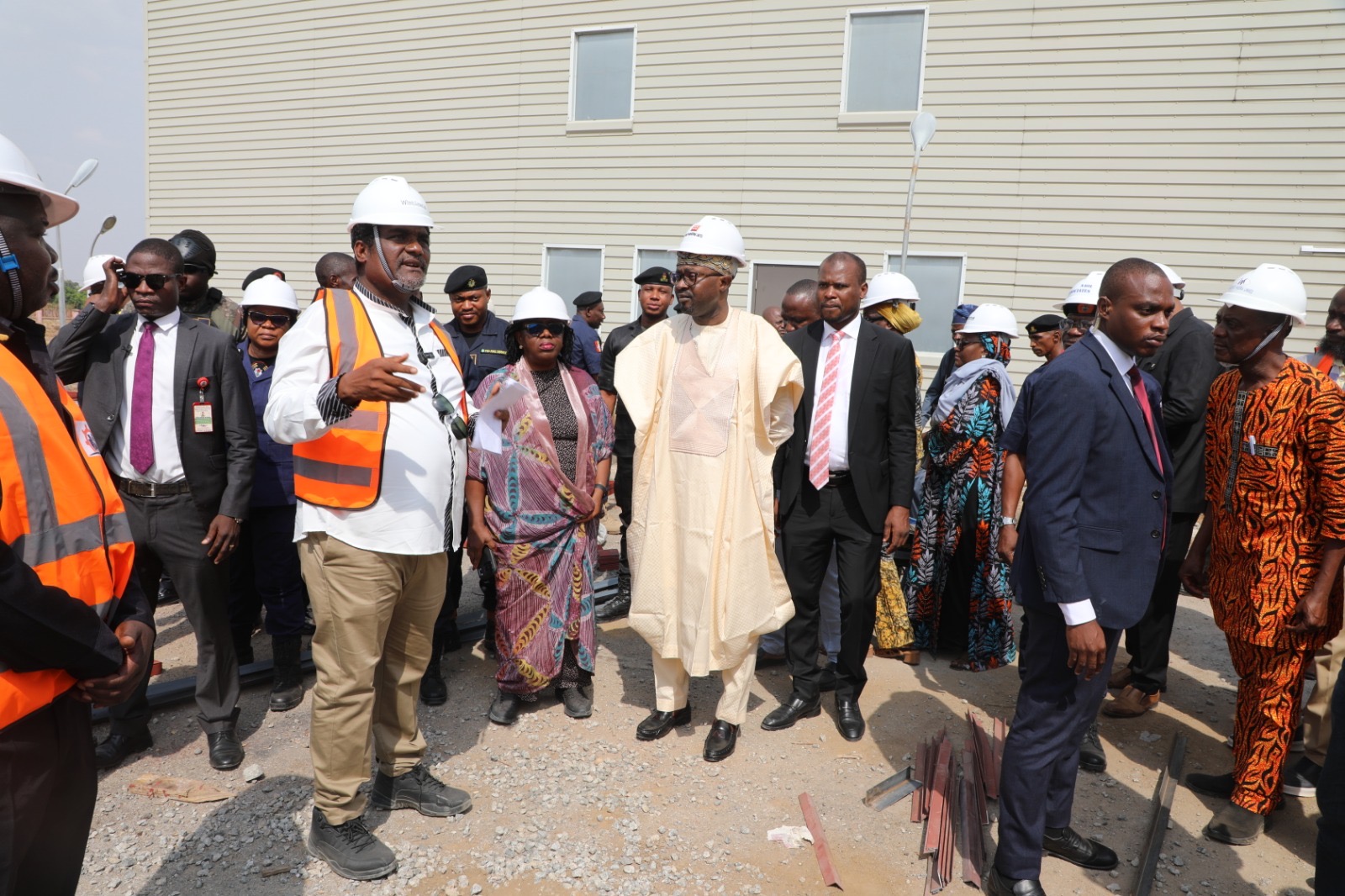The Nigeria Customs Service (NCS) has opened consultations with the Nigerian Shippers’ Council (NSC) as part of efforts to smoothen the implementation of its new Unified Customs Management System, popularly known as B’Odogwu.
In a statement issued by the National Public Relations Officer of the Service, Assistant Comptroller Abdullahi Maiwada, the initiative followed concerns raised by freight forwarders and licensed customs agents over delays and demurrage resulting from the system’s initial rollout. To address those concerns, the Comptroller-General of Customs, Bashir Adewale Adeniyi (MFR), on Monday, 19 August 2025, met with the Executive Secretary of the Nigerian Shippers’ Council, Dr. Akutah Ukeyima, at the Customs Headquarters in Abuja.
During the meeting, the Shippers’ Council presented industry feedback from freight operators, outlining operational challenges relating to system integration, documentation and port logistics. Dr Ukeyima urged the Service to move swiftly in tackling the challenges in order to avoid financial losses and disruptions along the cargo clearance chain.
Responding, the Comptroller-General reaffirmed that B’Odogwu remains the flagship component of the Customs Modernisation Programme, describing it as an essential tool for the creation of a transparent, technology-driven and globally competitive trade environment. He stressed that the Service is already adopting a phased approach to resolve the teething problems and will continue to engage stakeholders to improve the system.
Both institutions agreed on the need for sustained dialogue and collaboration, with further consultations planned with shipping lines and terminal operators. The NCS also reassured stakeholders that measures are being instituted to limit disruptions and protect operators from excessive charges such as demurrage during the transition period.
The Service further emphasised that B’Odogwu is an indigenous platform created to centralise Customs processes, integrate stakeholders into a single framework and ultimately reduce clearance timelines, lower operational costs, improve compliance and strengthen public revenue.
Consequently, the NCS appealed to all stakeholders to continue supporting the implementation process, provide constructive feedback and work collectively towards a modernised and efficient trade ecosystem that will enhance national development.

















